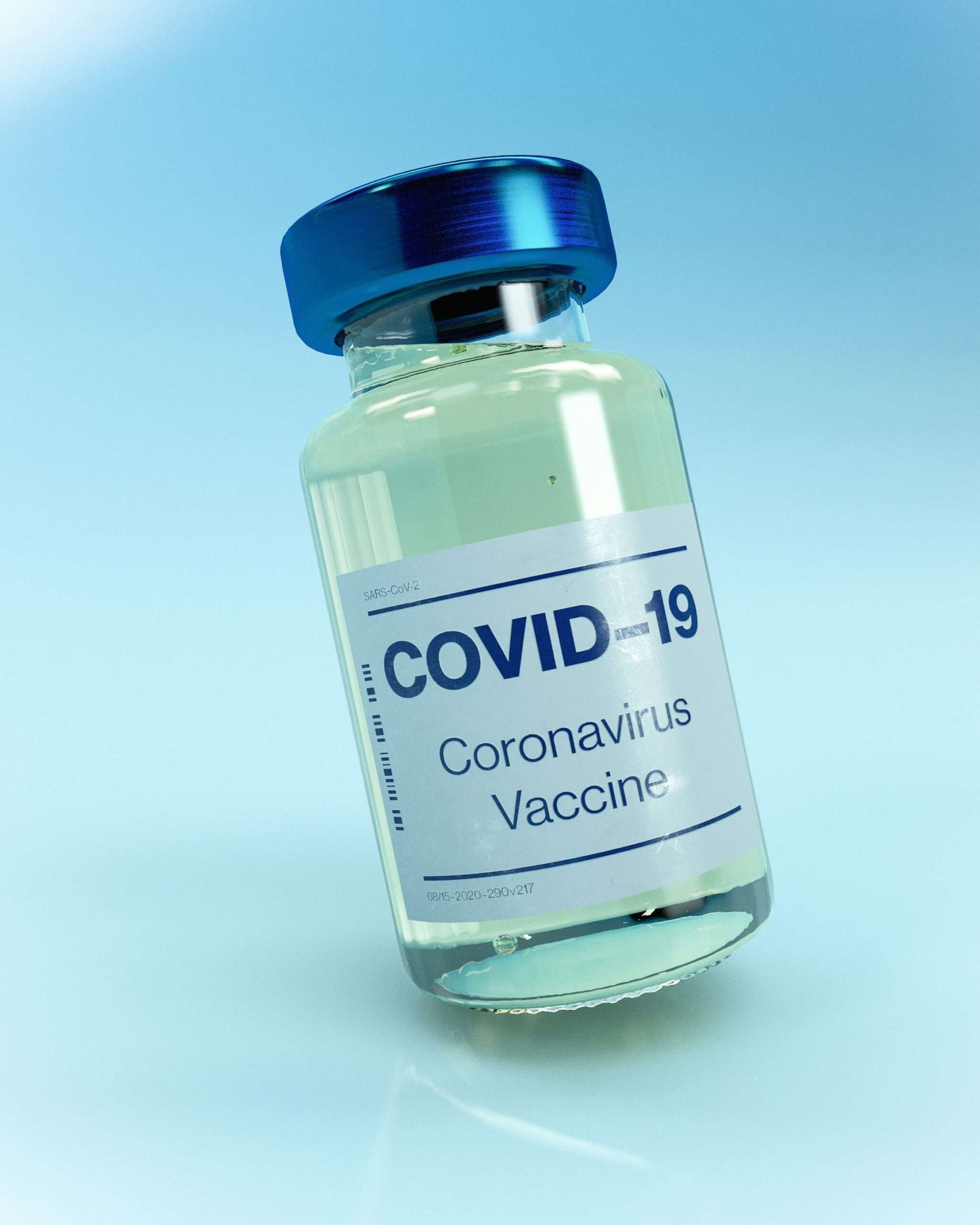
An important class of medications known as GLP-1 (glucagon-like peptide-1) receptor agonists can assist in the case of type 2 diabetics. The drugs emulate the action of GLP-1, a hormone that is produced in the body and that helps regulate blood sugar levels among other activities. Below is a narrative about such an aspect – the effect of GLP-1 receptor agonists in diabetic patients.
1. Blood Sugar Control: Stimulates Hyperglycemia Response: Due to the presence of elevated blood glucose levels, glucagon-like peptide–1 receptor agonists (GLP-1RAs) increase pancreatic insulin secretion. This decreases blood glucose levels after eating.
Diminishes Glucagon Production: In efforts to prevent spikes in blood sugar levels, these therapies also diminish production of the hormone glucagon, which has the opposite effect – an increase in blood sugar levels.
Gastric‐emptying Process: The activity of GLP-1 receptor activators, by slowing the rate of gastric emptying, lowers the post-prandial glucose load on the circulation and thus helps to maintain glucose homeostasis.
Lower Systolic Blood Pressure: These merits work together and enable patients to achieve better control over their blood sugar levels, which is typically evidenced by a decrease in the long-term blood glucose control biomarker, HbA1c.
2. Weight Loss: Liraglutide and semaglutide are two popular weight loss injectables since they belong to the class of GLP-1 receptor agonists. The appetite is suppressed and the sense of satiation is enhanced which promotes dietary restriction of calories. For type 2 diabetes patients, losing weight is extremely useful as obesity predisposes them to insulin resistance and poor glycemic control.
3. Cardiovascular Benefits: Heart protective benefits have been observed with GLP-1 receptor agonists in several clinical trials. These patients are at increased cardiovascular risk, particularly people with type 2 diabetes, and these have shown reduced incidence of heart attacks and strokes.
Because of this cardiovascular benefit, GLP-1 agonists are particularly beneficial for diabetics who currently have heart issues or are at risk of developing them.
4. Lower Risk of Hypoglycemia: GLP-1 receptor agonists are not able to cause hypoglycemia which is a common occurrence with a number of other diabetic medications. For GLP-1 receptor agonists, insulin is only released when blood glucose concentration becomes elevated. Thus they present a lower risk for hypoglycemia especially in combination with other hypoglycemic medications.
5. Possible Renal (Kidney) Advantages: In the recent study, GLP-1 receptor agonists seem to protect the kidney by preventing the initiation of renal impairment which is usually observed in type 2 diabetes patients, a common complication caused by lack of diabetes control.
Most frequently used GLP-1 receptor agonists: Exenatide (Byetta, Bydureon), Liraglutide (Victoza), and Dulaglutide (Trulicity)
Adlyxin’s lixisenatide and Rybelsus’s semaglutide
Contraindications;
Gastrointestinal: A few might experience nausea, vomiting and loss of appetite, diarrhea or constipation; this is especially True when commencing therapy.
Pancreatitis risk: Well-documented in literature, patients on GLP-1 receptor agonists may develops pancreatitis. It should be noted that individuals have reported suffering from severe acute gastritis. In such cases, patients must contact a physician immediately.
Injection Site Reaction: Since a majority of the GLP-1 agonists are injectables, mild pain at the injection site or irritation may be noted by some of the users.
In Conclusion: GLP-1 receptor agonists are effective drugs in the management of diabetes since they cause weight reduction, blood sugar control and cardiovascular protection. Nowadays, it is obvious that they are very important for the treatment of type 2 diabetes, especially for those patients who are obese or have heart disease. As for every medication, I would say that a patient who is being provided these medications should discuss the various benefits as well as the associated risks with his doctor.



0 Comments